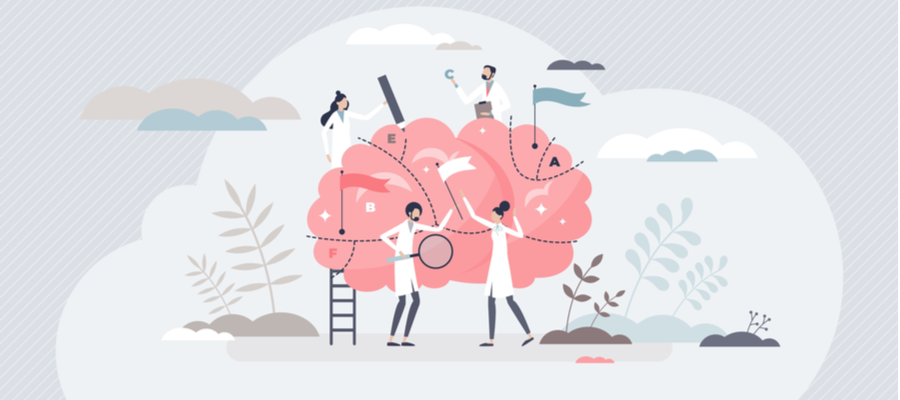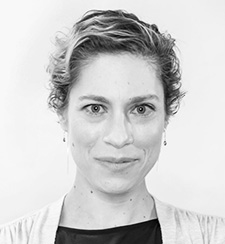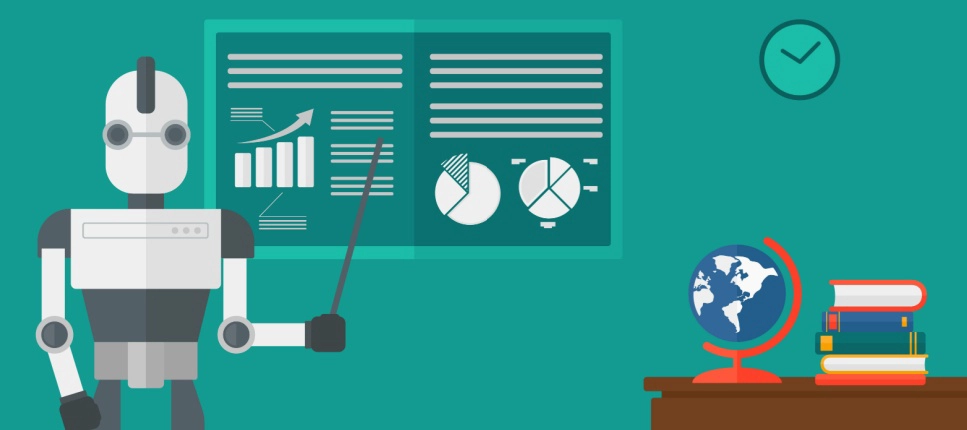Neuroscience has given us privileged access to the brain for the past thirty years. With the help of sophisticated equipment, including brain imaging, they have allowed us to decode our brains better and understand specific issues, including some related to learning. Although this discipline alone cannot guide us in education, its influence has become essential. Here are ten fields of action in which its contribution should be followed!

Neuroscience allows us to…
- To establish the causal link, i.e., the scientific proof, between what happens in the brain and known conditions, observed by other means (in vivo observations, outcome studies, etc.).
- To uncover certain brain features that affect learning and are not seen in any other way than by studying the brain.
- To develop remediation approaches based on the brain mechanisms responsible for learning problems.
- To generate new knowledge and avenues of exploration on brain development and function concerning learning.
- To guide the adaptation of teaching and learning practices to promote optimal processing by the brain (means, timing, etc.).
- To better understand the impact of various factors that influence brain development, cognitive performance and memory (sleep, diet, physical activity, stress, environment, etc.).
- To better understand memory and its relationship to knowledge and executive functions.
- To facilitate the personalization of learning.
- To combat neuromyths, the erroneous beliefs about brain function that are particularly prevalent in education (learning styles, left or right brain, etc.).
- To determine the transferability of study results to real-life situations by identifying how laboratory conditions can change the situation.
Sources:
OCDE, Comprendre le cerveau : naissance d’une science de l’apprentissage : Nouveaux éclairages sur l’apprentissage apportés par les sciences cognitives et la recherche sur le cerveau, Éditions de l’OCDE, Paris, 2007.
Steve MASSON, Mieux connaître le cerveau peut-il nous aider à mieux enseigner?, Le Réseau EdCan, 2014.
Related articles :
- 3 ages of the brain under the microscope of neuroscience
- 3 Myths That Prevent You from Learning
- Neuroscience: learning in 4 steps
- The 3 Speeds of Thought
- The importance of emotions in learning
- Education through the lens of neuroscience
- 7 myths about learning, debunked by neuroscience
- 8 Types of Memory… to Remember!
- 5 Factors Influencing Memory Process
- Brain activity in numbers
- Deciphering the Brain
- The fascinating brain: 5 amazing facts
- Learning and Forgetting: New Perspectives on the Brain
- Attention, in numbers
Author:
Catherine Meilleur
Creative Content Writer @KnowledgeOne. Questioner of questions. Hyperflexible stubborn. Contemplative yogi.
Catherine Meilleur has over 15 years of experience in research and writing. Having worked as a journalist and educational designer, she is interested in everything related to learning: from educational psychology to neuroscience, and the latest innovations that can serve learners, such as virtual and augmented reality. She is also passionate about issues related to the future of education at a time when a real revolution is taking place, propelled by digital technology and artificial intelligence.





